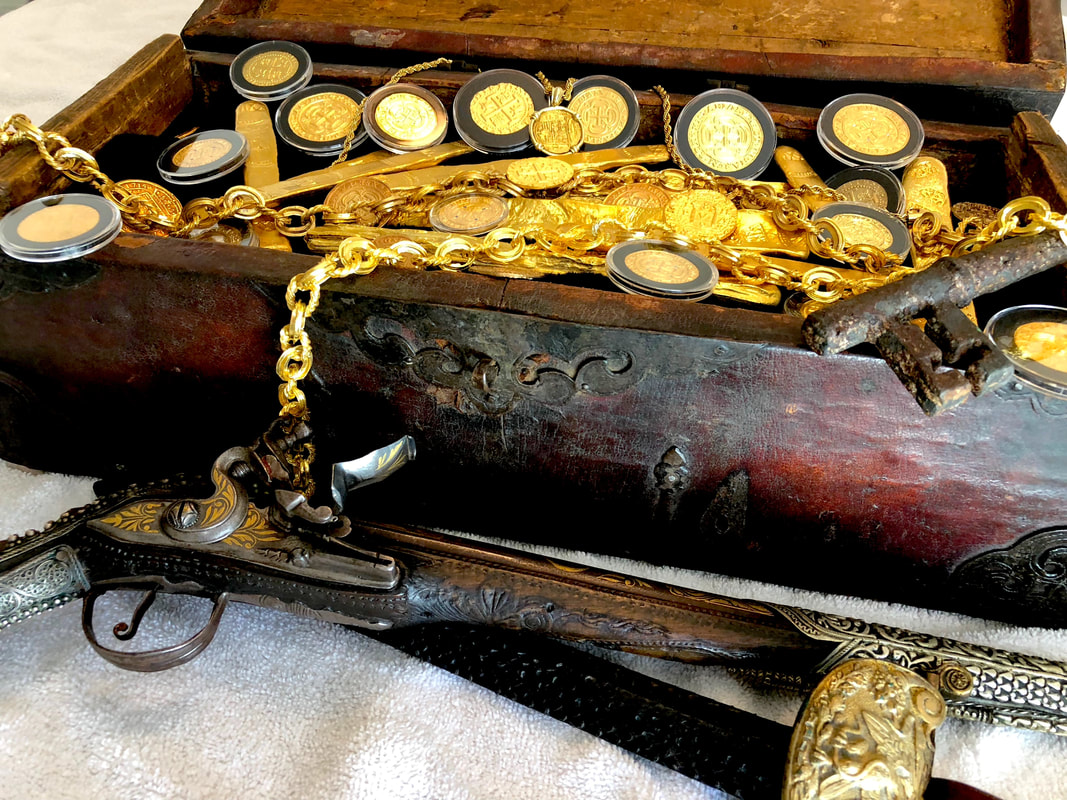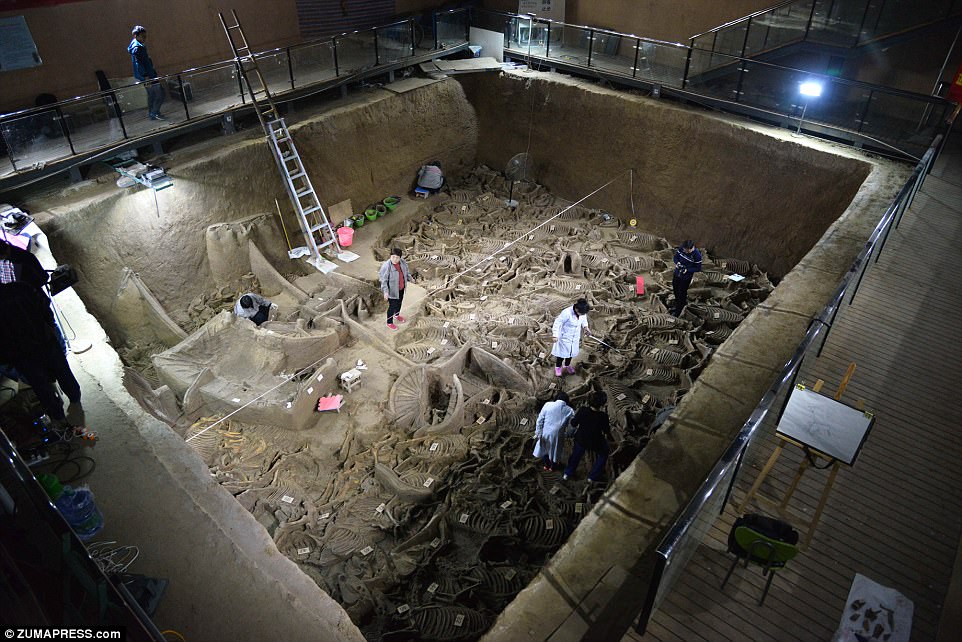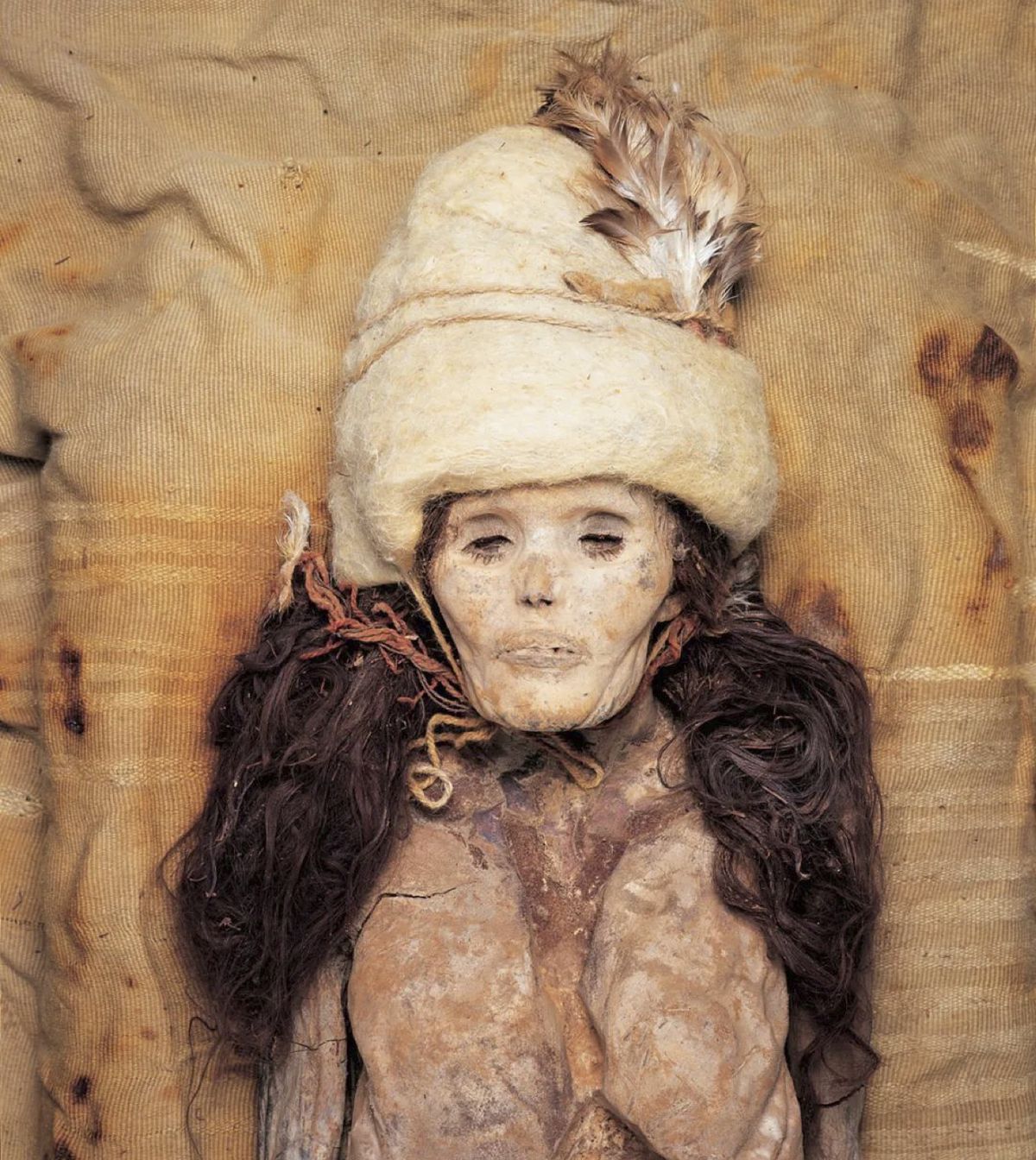František Ženíšek, born on May 25, 1849, and passing away on November 15, 1916, was a Czech painter who played a significant role in the artistic and cultural landscape of his time. He was a part of the “Generace Národního divadla” (Generation of the National Theater), a collective of artists with nationalistic sympathies, who aimed to promote Czech identity and pride through their works.
Born into a merchant family in Prague, Ženíšek showed a natural inclination towards art from an early age. Despite initial resistance from his father, he was granted permission to pursue his artistic aspirations and received lessons from Karel Javůrek while still in school. Later, from 1863 to 1865, he studied at the Academy of Fine Arts under the guidance of Eduard von Engerth. After a brief period in Vienna, assisting Engerth at the State Opera, he returned to the Academy in Prague to work with Jan Swerts and the history painter Josef Matyáš Trenkwald.

In 1875, Ženíšek received a significant commission to paint murals at the city hall in Courtrai, Belgium, marking an important milestone in his career. Three years later, during a study trip to Paris, he formed a crucial friendship with Josef Šebestián Daubek, a renowned patron of the arts. Daubek invited Ženíšek to decorate his residence in Liteň and even accompanied him on his honeymoon to Holland, where Ženíšek painted a portrait of the newlywed couple.

Upon returning from Paris, Ženíšek, along with Mikoláš Aleš, won a competition to decorate the foyer of the National Theater with historic and allegorical designs. He also undertook the task of decorating the auditorium ceiling and designing a curtain, although the latter was unfortunately destroyed in a fire in 1881. Additionally, Ženíšek adorned windows at the church in Karlín, created lunettes at the National Museum, and painted over 80 portraits, showcasing his versatility as an artist.

From 1885 to 1896, Ženíšek held a professorship at the Academy of Arts, Architecture, and Design, where he mentored Jakub Schikaneder as his assistant. He later became a professor at the Academy of Fine Arts from 1896 to 1915, where his students included notable artists such as Jaroslav Špillar and Jan Preisler. In 1898, he played a pivotal role in founding the “Jednota umělců výtvarných” (Union of Fine Artists), an organization aimed at promoting Czech nationalist perspectives in the arts.

František Ženíšek passed away on November 15, 1916, in Prague, leaving behind a significant artistic legacy. His son, František (1877–1935), followed in his footsteps and became a painter of note in his own right, further contributing to the family’s artistic heritage.

František Ženíšek’s artistic career and involvement in the Czech nationalist movement exemplify his dedication to both his craft and his cultural identity. Through his works and teachings, he left an indelible mark on the Czech art scene, inspiring future generations of artists to express their nationalistic spirit and preserve their cultural heritage.
Hits: 0





